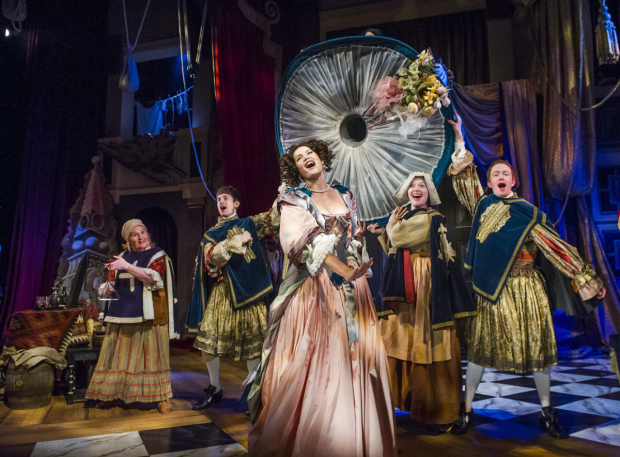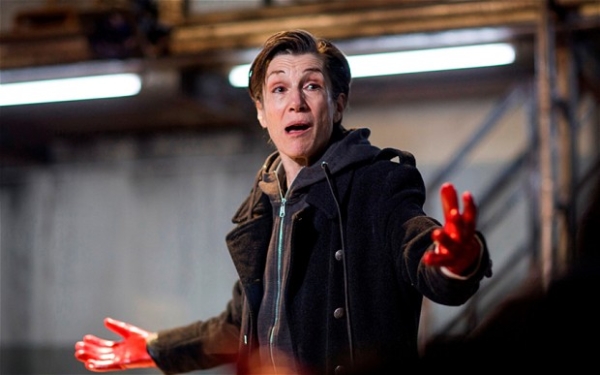Matt Trueman: is female-led Shakespeare a passing fad?
Matt Trueman looks at what we need to do if we’re serious about gender parity

© Tristram Kenton
"I’ve trawled theatrical history, from the classics to the long forgotten, in search of a play with a brilliant female lead." So says the actor-manager Thomas Killigrew in Jessica Swale’s play Nell Gwynn.
"And what have you found?"
"Nothing."
This, bluntly put, is the problem facing theatre right now: how to achieve gender parity on stage (and off) when the vast majority of extant plays are dominated by male characters? For every one line Shakespeare wrote for a woman, he wrote almost five more for men.
It is a pressing issue. A new campaign the Equal Representation for Actresses – 50/50 by 2018 aims to rectify it within two years. Rufus Norris has pledged the National Theatre to manage it in five – across the organisation as well as onstage.
To address Thomas Kelligrew’s question, there’s been a new wave of female-led Shakespeare. Tamsin Grieg will play Malvolia at the National and, praise be, Glenda Jackson will return to the stage as King Lear – months after bemoaning the imbalance herself. In the summer, Shakespeare’s Globe will refocus and rename Cymbeline as Imogen, allowing its true protagonist top billing, while in New York, Phyllida Lloyd will return to The Taming of the Shrew with Janet McTeer and Cush Jumbo.
Women have played these parts before, but by and large, only one per generation
All this is brilliant – and a source of real hope. Last week, a leading young classical actor told me that her career prospects had been completely reshaped. As well as Lady Macbeth and the Lear daughters, she was looking ahead to Hamlet and Henry V. Jump ahead to old-age, where the parts really dry up, and instead of Volumnia and Lady Montague, you get Falstaff and Prospero.

© Helen Maybanks
The worry is, however, that this is a passing fad. Artists are driven by novelty – always have been, always will be. They live to break new ground. A wave of women playing great male roles is a brilliant thing, but unless it becomes the new norm – aside from fashion and novelty – it leaves us back where we started.
Women have played these parts before, but by and large, only one per generation. It’s taken 20 years for Kathryn Hunter’s wheelchair-bound Lear to find a female successor – and yet that part remains the pinnacle for every great male actor. This year alone, there are four: Don Warrington, Michael Pennington, Timothy West and Antony Sher. Equality, that is not.
Will we see another female Hamlet so soon after Maxine Peake? Will another actress get a shot at Malvolio post-Greig?
Let’s not look at breaking barriers – especially barriers that have already been broken at that. Let’s look at lasting change.
It is there. It’s now standard to see women in supporting male roles – even supposedly masculine ones like John the Bastard – though more often unnamed than named, and even then rarely more than one per production. Equally, all-female companies routinely measure up to their all-male counterparts today.
The real effect of these high-profile female leads, I suspect, will be their trickle-down influence. Even if we don’t see a mainstage female Hamlet for a while, I bet there’ll be plenty in schools and amateur groups. Change the way we watch theatre, the things audiences accept without fuss, and you open the way for genuinely meritocratic casting. That, in turn, can trickle up as women gain the experience to match their male counterparts.
Then, the question is whether the big parts will be permanently open to them.
That’s why, if we’re really serious about gender parity, the answer has to lie in new plays with great female roles.












